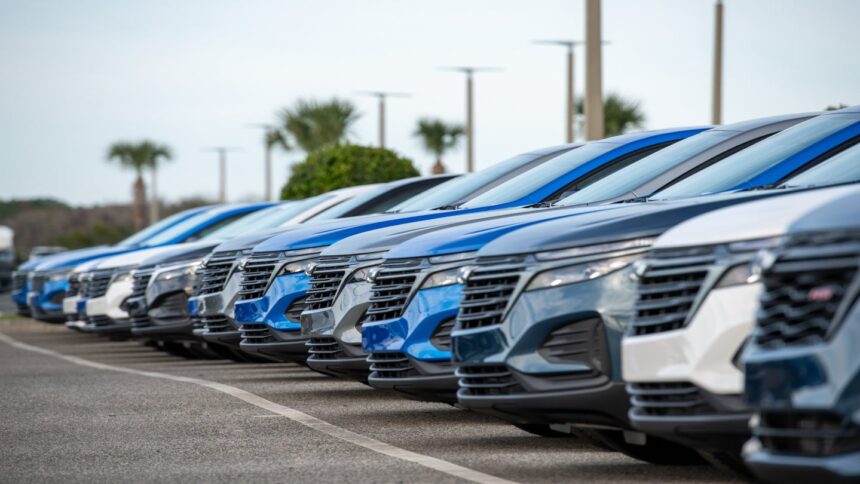Car plants in Europe and North America are facing potential closures or sales in 2025, as per a recent report by Gartner. This is primarily due to overcapacity and competitive pricing pressures that automakers are currently dealing with. The report highlights that production capacity cuts are expected in both continents this year, driven by factors such as emissions targets and tariffs.
On the other hand, China’s dominance in electric vehicles (EVs) is projected to grow further, fueled by its advantage in software and electrification technologies. Gartner’s VP analyst, Pedro Pacheco, mentioned to Reuters that closures or sales are more likely in high-cost countries, where political and societal pressures are compounded by escalating competition.
Pacheco likened the situation to a pressure cooker, where the increasing pressure is pushing automakers to make more pragmatic decisions. The report also suggested that Chinese brands might acquire plants in order to bypass trade barriers or establish new factories in lower-cost European nations, gaining access to free-trade partners like Morocco or Turkey.
Stefan Hartung, CEO of Bosch, expressed concerns about the potential disruptions from the 2025 European Union CO2 emission rules. He advised against imposing fines on companies that fail to meet targets, emphasizing the need for a more supportive approach. Luc Chatel, chairman of the French car lobby PFA, noted that Europe’s auto industry is struggling to meet its 2030 and 2035 EV targets, raising concerns about artificial inflation of EV sales at the expense of combustion engine vehicles.
Despite these challenges, Gartner predicts a 17% growth in shipments of electric buses, cars, vans, and heavy trucks in 2025. The firm also anticipates that over half of all vehicle models offered by automakers will be EVs by 2030. Pacheco suggested that traditional carmakers may need to acquire software architecture from newer EV manufacturers and digital firms, enhance R&D centers in tech hubs, or collaborate with tech companies to establish self-funded EV joint ventures to drive the shift towards electric vehicles.






